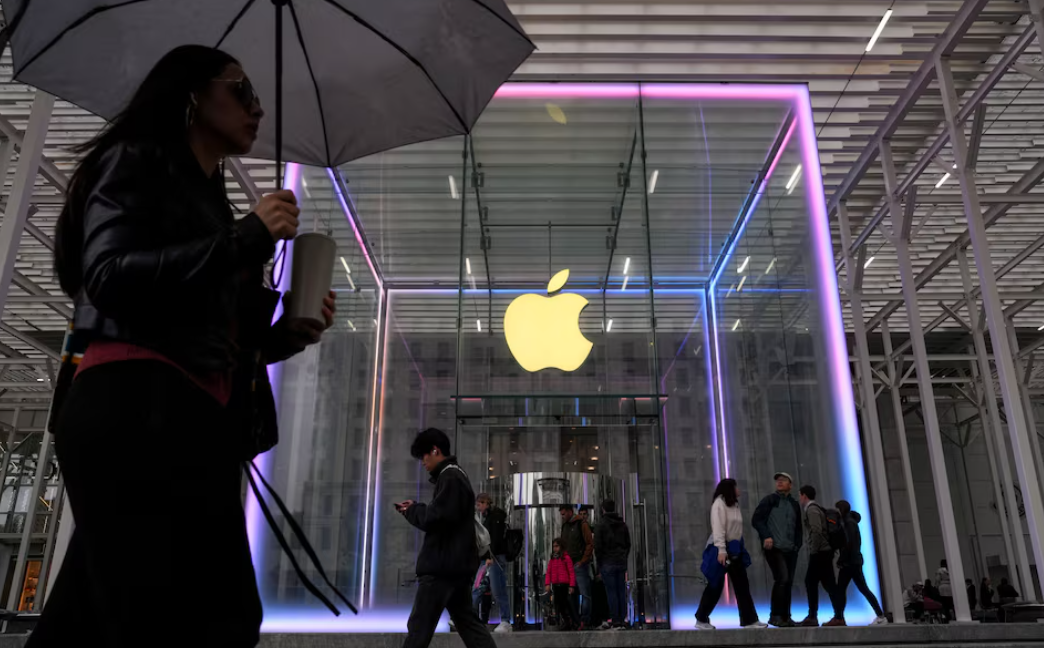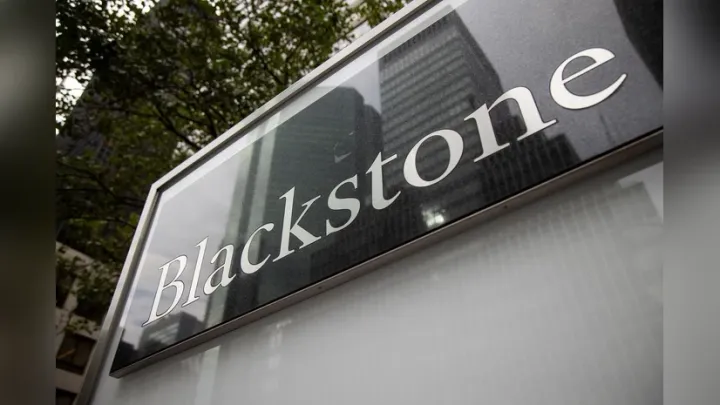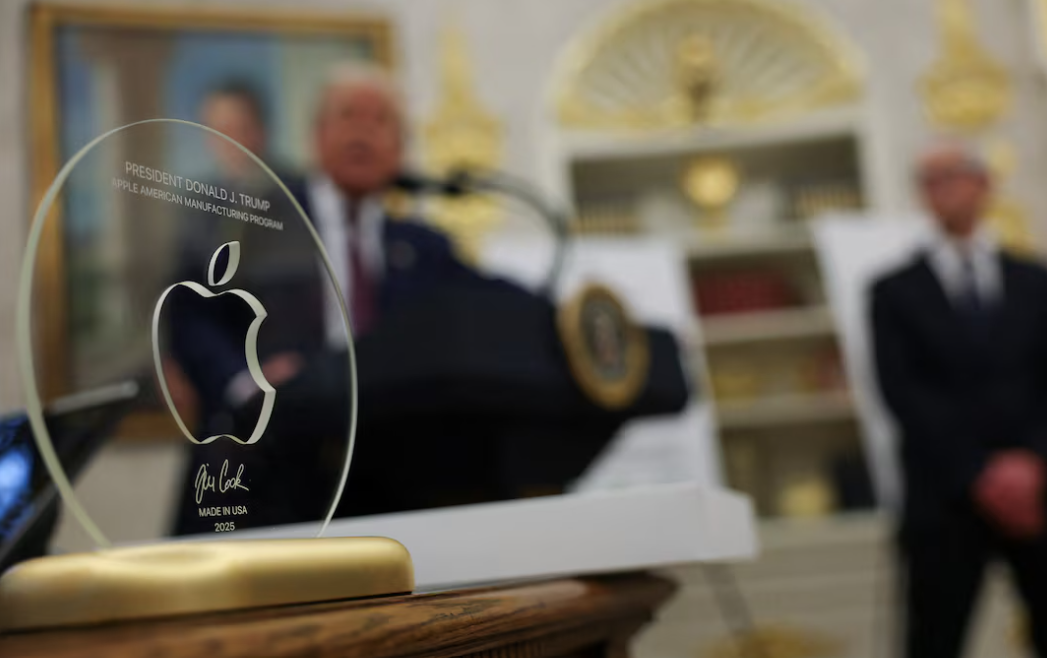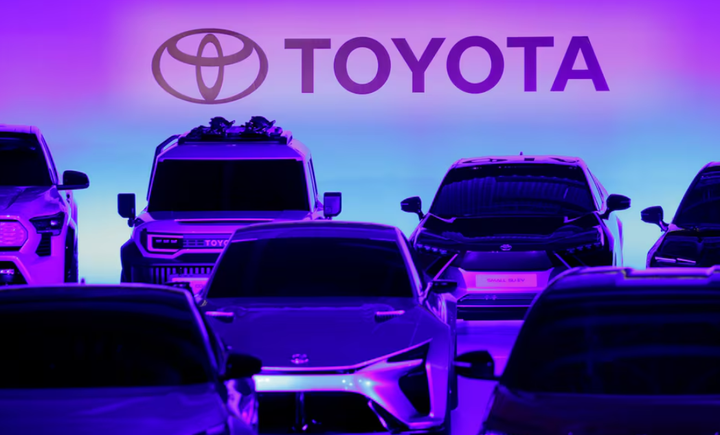Apple Stocks Increase Following Good Quarterly Performance Despite Tariff Strains and AI Rivalry

Apple Inc. (AAPL.O) saw its shares climb by 2% in premarket trading on Friday, following a robust quarterly earnings report that beat Wall Street expectations. Despite facing mounting global trade tensions and rising competition in the artificial intelligence (AI) sector, Apple delivered its fastest revenue growth since 2021—a sign of the tech giant’s underlying resilience and adaptability.
The outstanding performance was led by a huge recovery in iPhone sales, a considerable achievement given that consumers historically postpone purchases in anticipation of a new iPhone rollout in September. Interestingly, Apple also projected revenue growth in the "mid to high single digits" in the current quarter, significantly outpacing analysts' expectations of 3.27%.
J.P. Morgan analysts noted on the surprise acceleration: "While there are certain drivers such as China subsidies that can be credited for some of the spectacular strength, the revenue growth acceleration is also a surprise."
Manufacturing Shift and Tariff Challenges
Apple has been gradually expanding its manufacturing footprint, shifting iPhone output to India and relocating other lines like Macs and Apple Watches to Vietnam. These actions are intended to offset reliance on China and insulate the business from the effect of global trade tension. Still, much of Apple's output enjoys existing tariff exemptions.
Even with these measures, CEO Tim Cook admitted that the company is still at risk of paying tariff-related expenses. Apple lost $800 million on tariffs in the third quarter and anticipates another $1.1 billion expense in the fourth quarter.
Rising Competition in Smartphones and AI
The job market is also quite competitive, with stiff headwinds from competition both in hardware and software. Samsung Electronics remains a threat to Apple in the premium smartphone market, while Alphabet Inc. (GOOGL.O) aggressively moves ahead with AI integration into its Android ecosystem.
Among the so-called "Magnificent Seven" tech stocks, Apple has lagged over the last year, with its stock price falling 17%. The main worry is Apple's comparatively sluggish effort in the AI competition. While competitors such as Microsoft, Google, and Amazon have moved quickly to release generative AI offerings and build out infrastructure, Apple has been more measured.
The tech giant has pushed back the launch of its AI-powered virtual assistant, Siri, and introduced "Apple Intelligence" later than expected. However, Cook insisted that Apple is now ramping up its AI investment and is striving with all its might to regain its competitive advantage. "Brand loyalty provides Apple with the time to make the AI shift correctly, but now it needs to begin delivering," said Matt Britzman, Hargreaves Lansdown senior equity analyst.
Even with these challenges, Apple's robust earnings report indicates its customer base is still faithful and demand for its products is strong—providing it with room to breathe as it navigates new tech and geopolitical hurdles.
Frequently Asked Questions (FAQs)
Why did Apple's stock increase even with continued trade tensions?
Apple's stock rose because the company beat Wall Street's revenue and earnings expectations. Strong iPhone sales and a positive outlook for the next quarter restored investor confidence, even as the company warned of upcoming tariff-related costs.
How are tariffs impacting Apple’s financial performance?
Apple posted a Q3 tariff-related cost of $800 million and is expecting a $1.1 billion hit in Q4. These costs result from changes in trade policy, although some Apple items are exempt from tariffs under current agreements.
What action is Apple taking to mitigate manufacturing risk?
Apple is diversifying production by shifting iPhone output to India and making other hardware in Vietnam. This lessens dependence on China and lessens the risk of tariffs and supply chain issues.
Why is Apple lagging behind other technology giants in the AI arena?
Apple has also lagged behind competitors in pushing out AI features. Its belated release of AI-infused Siri and "Apple Intelligence" places it behind others such as Google and Microsoft, which have already set up AI ecosystems.
Will Apple catch up in the AI race?
Apple is going big on AI investments, and its high brand loyalty provides it with some leeway to make strategic enhancements. But the focus of analysts is that timely rollout of new AI capabilities is essential to remain competitive.
As Apple navigates a shifting global environment and increasing technological pressures, its capacity for adaptability while not losing consumer trust will be paramount. Latest earnings indicate it's still a powerhouse—but the next wave of innovation, particularly in AI, will be an acid test.



